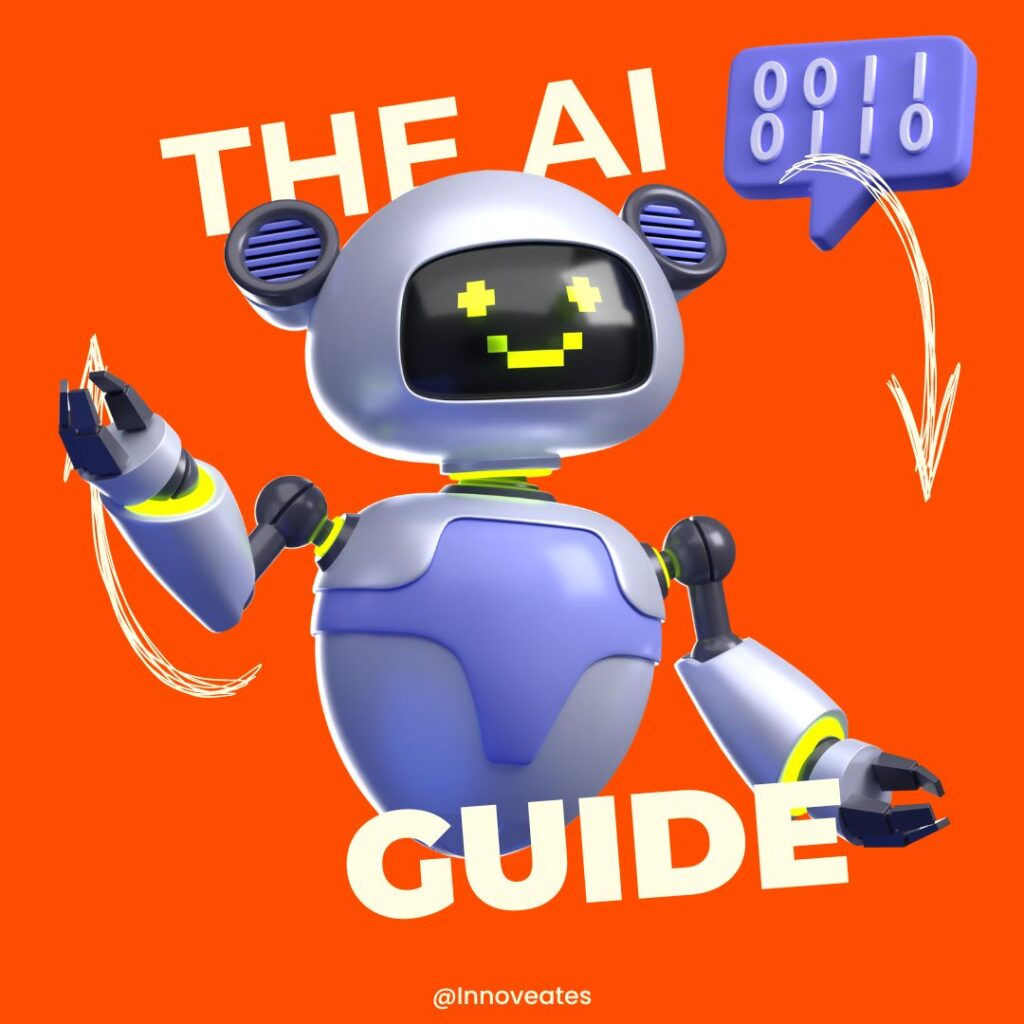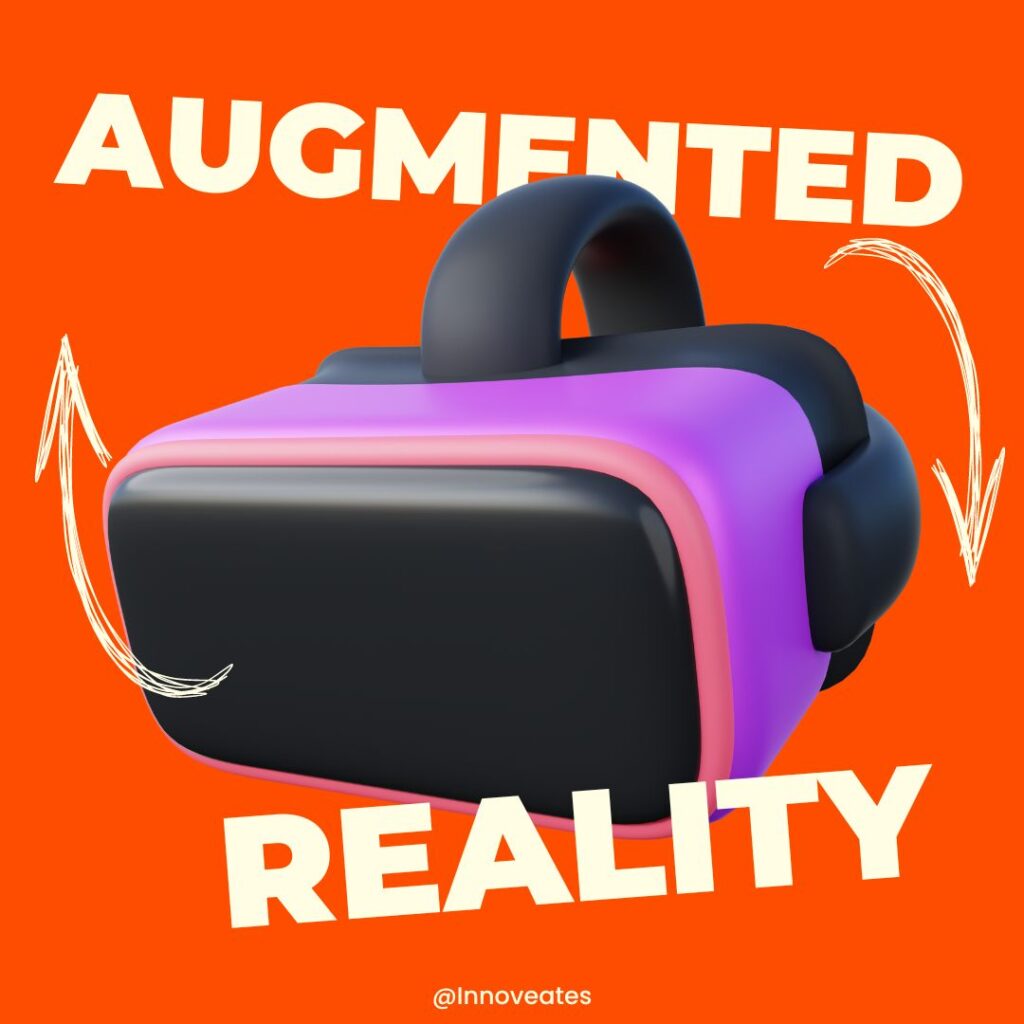AI for Boosting Restaurant Revenue: Transform Your Business with Technology
Fernando Islas
Writer & Professor
- July 14, 2024

Table of Contents
In today’s competitive food and beverage industry, leveraging AI for boosting restaurant revenue has become a game-changer. From optimizing operations to enhancing customer experiences, AI offers a plethora of opportunities for restaurants to thrive. This article delves into the multifaceted ways AI can elevate your restaurant’s profitability, customer satisfaction, and operational efficiency.
Understanding AI in the Restaurant Industry
Artificial Intelligence (AI) has transcended traditional technology applications, finding a significant place in the restaurant industry. By integrating AI, restaurants can automate mundane tasks, analyze customer preferences, and predict future trends with remarkable accuracy. This technological advancement not only saves time but also helps in making data-driven decisions, crucial for boosting revenue.
Optimizing Menu Offerings with AI
One of the primary ways AI can enhance restaurant revenue is through menu optimization. AI algorithms analyze sales data, customer feedback, and seasonal trends to determine which menu items are most popular and profitable. This information enables restaurateurs to make informed decisions about which dishes to promote, modify, or remove, ensuring the menu aligns with customer preferences and maximizes profit margins.
Personalizing Customer Experiences
AI-powered systems can analyze customer data to provide personalized dining experiences. By understanding individual preferences, restaurants can tailor recommendations, special offers, and even customize the dining environment. Personalized service not only enhances customer satisfaction but also encourages repeat business and positive word-of-mouth, contributing significantly to revenue growth.

Streamlining Operations with AI
Efficiency is key in the restaurant business, and AI can streamline various operational aspects. AI-driven inventory management systems predict stock requirements based on historical data and current trends, reducing waste and ensuring that popular items are always available. Additionally, AI can optimize staff schedules, ensuring that labor costs are managed effectively without compromising service quality.
Enhancing Marketing Strategies
Marketing is another area where AI can make a substantial impact. AI tools can analyze customer behavior and feedback to create targeted marketing campaigns. By understanding what appeals to different customer segments, restaurants can craft personalized promotions and advertisements that resonate with their audience, leading to higher engagement and conversion rates.
Predictive Analytics for Future Planning
AI’s predictive capabilities are invaluable for future planning. By analyzing current trends and historical data, AI can forecast future sales, helping restaurateurs prepare for peak times and identify potential growth opportunities. This foresight enables proactive decision-making, ensuring that the restaurant is well-prepared to meet customer demand and capitalize on emerging trends.

AI for Boosting Restaurant Revenue: Case Studies
Numerous restaurants have successfully implemented AI to boost revenue. For instance, a fast-food chain used AI to analyze drive-thru data, reducing wait times and increasing customer satisfaction. Another restaurant utilized AI for dynamic pricing, adjusting prices based on demand and maximizing profitability during peak hours. These case studies highlight the tangible benefits of incorporating AI into restaurant operations.
Chick-fil-A:
- Quality and Safety Monitoring: Chick-fil-A uses AI to ensure food freshness by employing 3D cameras and edge computing. An IoT system alerts staff when it’s time to discard items, reducing waste and ensuring quality. Additionally, they use NLP-powered AI to monitor social media for potential foodborne illness mentions, allowing for proactive safety measures (AIX | AI Expert Network).
- Robotics and Automation: The restaurant chain is testing robotic servers and AI-equipped delivery robots, enhancing efficiency and customer service in select locations (AIX | AI Expert Network).
McDonald’s:
- Personalized Marketing: McDonald’s leverages AI to analyze consumer data, identify trends, and tailor promotions to individual customers based on their preferences and purchase history. This personalized approach has significantly driven sales and customer loyalty (Prim Mart).
- Drive-Thru Optimization: AI is used to optimize drive-thru operations, reducing wait times and improving order accuracy, which enhances overall customer satisfaction and throughput (Prim Mart).
Starbucks:
- Inventory and Demand Forecasting: AI helps Starbucks manage inventory and predict demand more accurately, ensuring that popular items are always in stock and reducing waste from overstocking. This system also aids in optimizing supply chain operations (Spoon).
- Personalized Customer Experience: Through their mobile app, Starbucks uses AI to provide personalized offers and recommendations, which boosts customer engagement and sales (Spoon).
Domino’s Pizza:
- AI Assistant: Domino’s has implemented an AI assistant to help customers place orders, track deliveries, and receive real-time updates, which enhances the customer experience and increases sales through improved convenience and service efficiency (Prim Mart).
Case Study on Sales Forecasting:
- A study on using machine learning (ML) models for restaurant sales forecasting showed that employing recurrent neural networks (RNNs) and other ML techniques can significantly improve the accuracy of sales predictions. This aids in better employee scheduling and inventory management, ultimately reducing costs and increasing profitability (MDPI).
Challenges and Considerations
While AI offers numerous benefits, its implementation comes with challenges. Restaurants must invest in the right technology and ensure that staff are adequately trained to use it. Data privacy is another crucial consideration, as customer data must be handled responsibly to maintain trust. Despite these challenges, the potential rewards make AI a worthwhile investment for forward-thinking restaurateurs.
The Future of AI in the Restaurant Industry
The future of AI in the restaurant industry looks promising, with advancements in technology continually opening new avenues for revenue generation. From AI-powered robots serving food to advanced analytics providing deeper insights, the possibilities are endless. As AI technology evolves, its integration into restaurant operations will become even more seamless and impactful.
Personal Opinion
Embracing AI for boosting restaurant revenue is no longer an option but a necessity in the modern food and beverage industry. By optimizing menu offerings, personalizing customer experiences, streamlining operations, and enhancing marketing strategies, AI can transform the way restaurants operate, leading to increased profitability and growth. As technology continues to advance, the integration of AI into restaurant operations will undoubtedly become more sophisticated, offering even greater opportunities for those willing to innovate.

Fernando Islas
islasdesign.com
FAQs
How can AI improve customer satisfaction in restaurants?
AI can enhance customer satisfaction by personalizing the dining experience, providing tailored recommendations, and ensuring efficient service through streamlined operations.
What are the cost implications of implementing AI in a restaurant?
While there is an initial investment in AI technology, the long-term benefits such as reduced waste, optimized staffing, and increased revenue often outweigh the costs.
Can AI help with menu design?
Yes, AI can analyze customer preferences and sales data to recommend menu items that are likely to be popular and profitable, helping in effective menu design.
Is AI suitable for small restaurants?
Absolutely. AI solutions are scalable and can be tailored to fit the needs and budget of small restaurants, providing significant benefits regardless of size.
How does AI handle data privacy concerns?
AI systems are designed to comply with data privacy regulations, ensuring that customer data is handled securely and responsibly.
What are some common AI tools used in restaurants?
Common AI tools include chatbots for customer service, predictive analytics for sales forecasting, inventory management systems, and personalized marketing platforms.
- All Projects
- Marketing in Restaurant
- Back
- Web design
- Social Media for restaurant
- Ai in restaurant
- Augmented reality in restaurant





